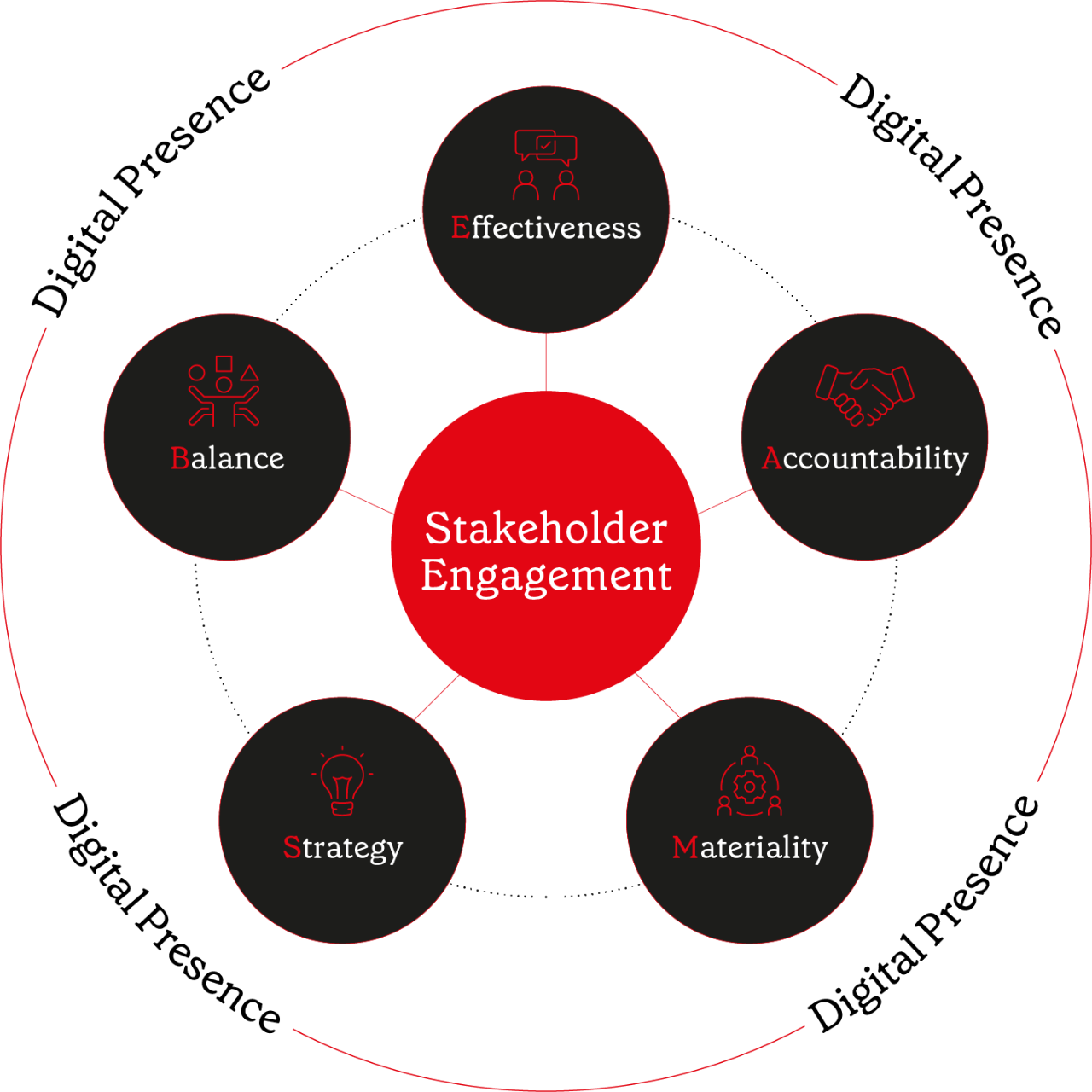
Today’s sustainability wave can be an opportunity, not a burden. By embracing effective stakeholder engagement and clear reporting, companies can attract investors, engage stakeholders, and build a reputation for leadership. This transparency empowers them to tell their own story, protect their reputation, and ultimately, be more valued by the market.
Black Sun Global has been conducting research on FTSE 100 companies for 19 years, focussing on reporting trends and the evolution of the content of Annual Reports.
This year, considering regulatory changes, multiple voluntary frameworks and rising stakeholder expectations, we have expanded our research to understand how companies are communicating and reporting on their sustainability commitments and strategies.
The 2024 desktop research includes 97 questions and two datasets:
The FTSE 100 companies and 124 European companies:
For our analysis we looked at :
Corporate and Sustainability reports: For detailed insights into a company’s stakeholder engagement efforts on sustainability issues
Websites and Microsites: For accessible content on stakeholder interactions and related policies
Social media platforms: For insights into how companies engage with stakeholders in real time and allow for more interactive communication
Surveys: Over 70 responses from multiple stakeholders to hear their views on corporate reporting
Social media platforms: For insights into how companies engage with stakeholders in real time and allow for more interactive communication
Our approach is anchored in the Black Sun Global BEAMS+ principles, crafted to navigate the dynamic landscape of stakeholder interactions. Comprising six dimensions, the BEAMS+ principles enable us to qualitatively assess stakeholder engagement practices.

“We see CSRD Reporting as an opportunity to communicate valuable competitive advantage, rather than a compliance exercise.”
CSRD’s impact is rippling beyond the EU. An estimated 50,000 companies globally, including market leaders, face new reporting burdens under the directive.
CSRD seeks to put sustainability reporting on a par with financial reporting, reporting against a set of ESRS standards:
General disclosure
Environmental standards
Social standards
Governance standard
of large European companies have already conducted a DMA
have conducted a DMA and use an infographic/matrix
of large European companies from 5 countries* articulate a process for identifying sustainability impacts
Present customer stories
haven’t mentioned CSRD at all
mention CSRD
but haven’t
started reporting
of companies are partially aligned with CSRD
Explore our thinking and learn from global thought leaders through
our blogs, podcasts, webinars, and events.